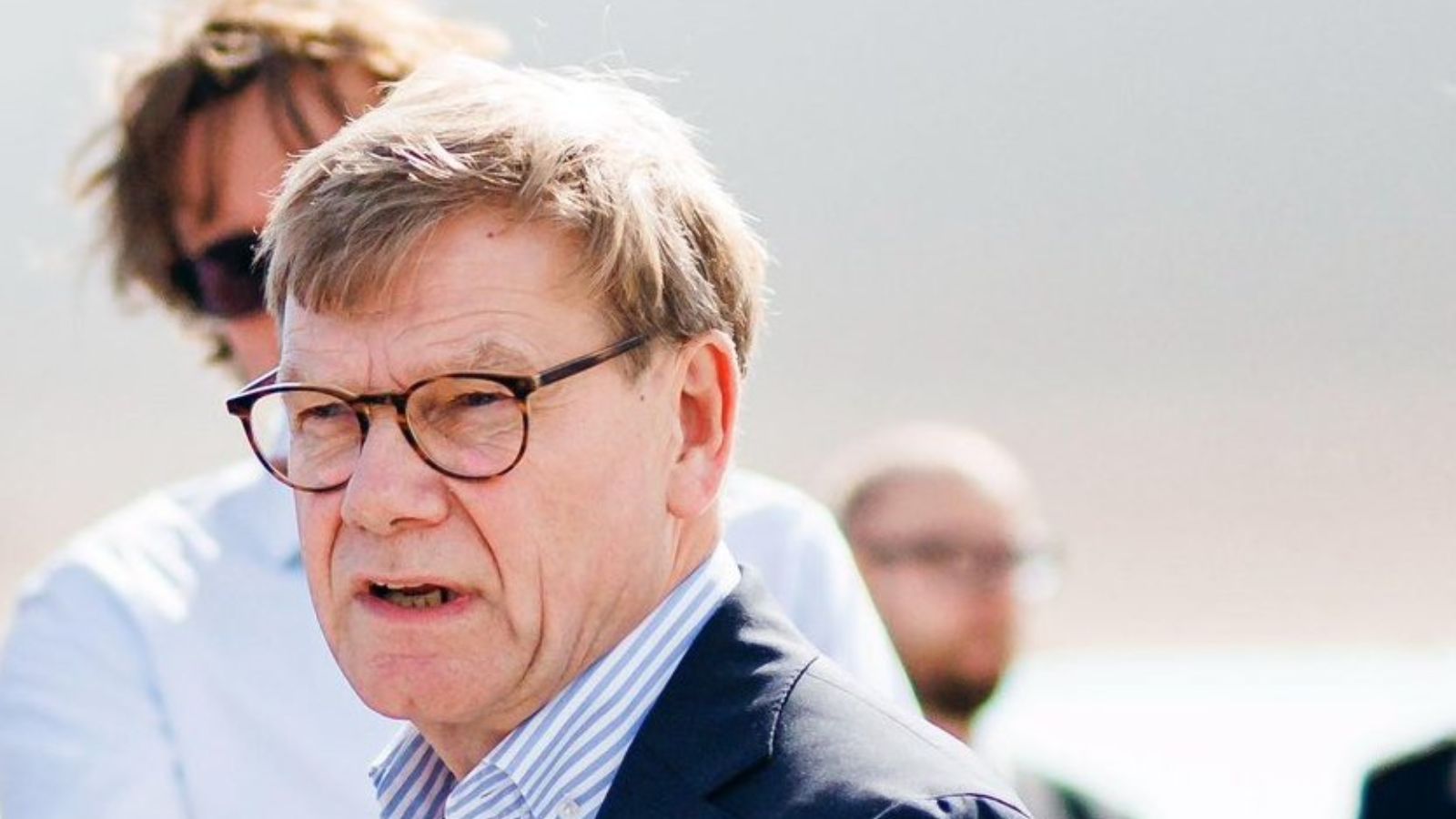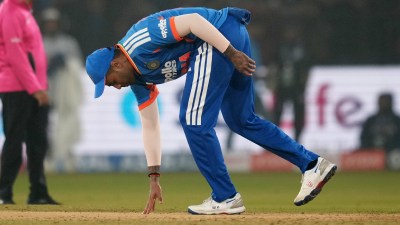
A: India is a major global player and an indispensable partner for Germany. Both of our countries can be proud of what we have already achieved in the 25 years of our Strategic Partnership, and now is exactly the right time to broaden our cooperation. Germany strives for a strong partnership with India based on mutual reliability and trust. There is a wide range of areas in which our two countries should further strengthen their cooperation, including foreign and security policy, defence, economy and trade, science and research, and skilled migration. We are facing a multitude of geopolitical challenges, which we will only be able to overcome together with strong partners such as India. And we can leverage many synergy effects. The German economy urgently needs skilled workers in fields such as IT services and healthcare. India offers great potential here. There is also great potential for closer economic cooperation. German-Indian trade volume was 31 billion Euro last year — why don’t we create the conditions to double that? The planned India-EU Free Trade Agreement will boost trade between our countries.
Q: India & Germany both face similar challenges because of their dependence on Russia. India depends on Moscow for its defence needs and Germany for its energy needs. How should they reduce dependencies, and how should India tackle this issue?
A: Russia’s war of aggression against Ukraine blatantly violates international law and puts Europe’s security at risk. Russia has also shown again and again it is not a reliable partner for economic cooperation. Germany and the EU have made tremendous efforts to diversify our energy sources. Germany has been very successful in reducing its energy dependence on Russia, even down to zero when it comes to direct gas imports. Our goal at EU level remains to achieve complete independence from Russia in the energy field by the end of 2027. Reducing these crucial dependencies can put more pressure on Russia, reduce its oil and gas income and thus hit its war chest.
Germany learned the hard way when it comes to reducing unilateral dependencies in critical fields such as energy. That is why we are looking at building more diverse partnerships globally with reliable partners such as India. This could certainly be mutually beneficial. In defence, for example, Europe’s and Germany’s increasing defence and security cooperation with India could help to diversify India’s defence imports.
Q: The US is tightening visas, with measures including vetting of social media accounts of prospective student visa applicants. Germany has attracted more than 50,000 students from India in the last few years. How do you view this policy by the US, and does it pose an opportunity for Indian students and professionals in Germany0
Story continues below this ad
A: US-German academic ties have deep historical roots and remain of great importance for both sides. We are working closely with our US counterparts to ensure that academic and research exchange remains of mutual benefit.
Cultural, academic and educational exchange have also been a core component of the bilateral relations between India and Germany. The great interest shown by Indian students in our universities is an honour for us and confirms our efforts to further strengthen our country as a top global destination for students and researchers. Almost 60,000 Indians – the largest group of international students – are studying in Germany. We issued over 25,300 student visas to Indian citizens last year, 28% of all student visas issued… We are planning to increase our visa sections’ processing capacities in India in the near future. Many Indians who study in Germany stay after finishing their degrees and have excellent career prospects, on average earning a 40% higher salary than the average German worker. Germany needs skilled workers, so this is a win-win situation.
Q: PM Modi has just completed a visit to China. Germany also has close ties with China. How do you view Indian-Chinese efforts to normalise ties? Do you view China as a strategic threat, especially in the context of the rules-based order and in the Indo-Pacific?
A: We continue to see China as a partner, competitor and systemic rival. We seek to continue cooperation where it is in our interest, especially as regards tackling global challenges such as climate change. At the same time, elements of systemic rivalry have increased. China’s support for Moscow’s war of aggression against Ukraine is a game changer for us. But we are also equally concerned about China’s unclear military build-up and power projection in the Indo-Pacific. Europe may be far away from Taiwan, but any escalation in the Taiwan Strait would have serious consequences for global security and prosperity and also affect our European interests… The fact that India and China have taken steps to normalise their relations is positive news.
Story continues below this ad
Q: What are Germany’s concerns about the India-EU FTA? The British have already signed a trade deal, and India is negotiating with the US. Why is Europe lagging behind?
A: As already mentioned, we aim to strengthen reliable economic partnerships with strategic key partners such as India, thus increasing mutually beneficial trade and investments and diversifying our supply chains. Companies in Germany, the EU and India are facing similar uncertainties because of US tariffs. At the same time, China is putting pressure on global markets with subsidised products and unfair market practices. This poses a real challenge to our companies and our economy.
The India-EU FTA is an important element for us to achieve our goals of prosperity, diversification and economic security. Of course, every negotiation comes with its own dynamics and challenges. But the goal is clear: we want to reach a meaningful agreement that can really take EU-India relations to the next level. I see a very positive dynamic and plenty of political will on both sides to conclude the negotiations, so let’s get it done by the end of this year and unlock the full potential of our economic partnership!









